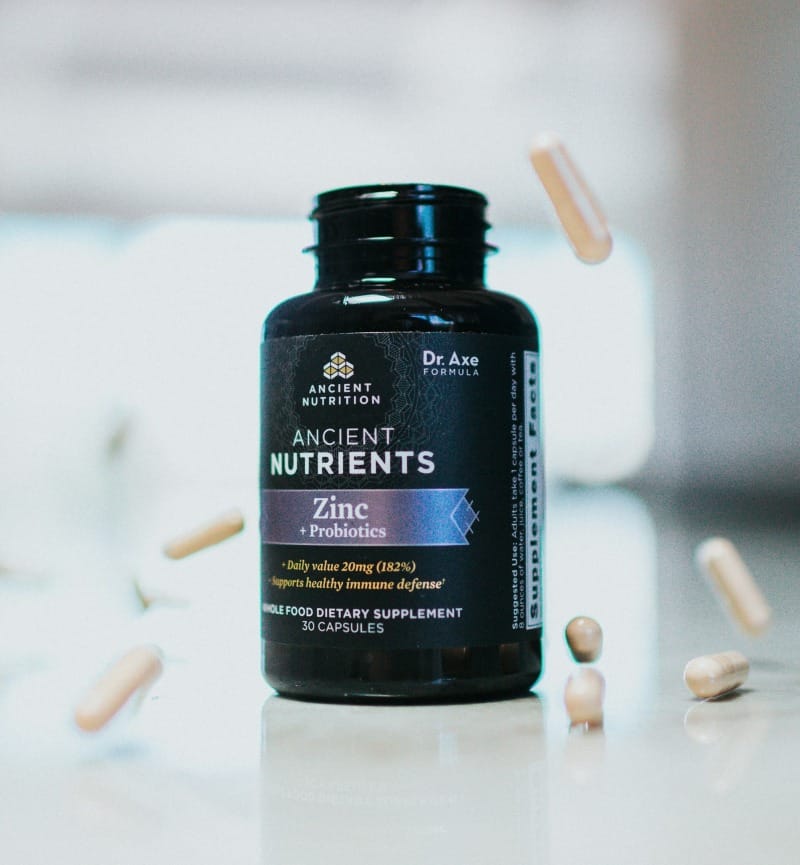Zinc has long been touted for its potential to boost immunity and metabolism. But what does the scientific evidence actually show about this essential mineral's effects on our health? Let's examine the research to separate fact from fiction.
Key takeaways:
• Zinc supports immune function and may reduce cold duration
• It plays a vital role in metabolic processes but doesn't directly boost metabolism
• Excess zinc intake can lead to adverse effects
• Most people get adequate zinc from food, but supplements are available for those deficient
Understanding zinc's role in the body
Zinc is an essential mineral found in almost every cell of our body. It's involved in numerous biochemical reactions and is second only to iron in its concentration in the body[1]. Zinc supports overall health and is crucial for various bodily functions, including:
• DNA synthesis and cell division
• Wound healing
• Proper functioning of taste and smell senses
• Growth and development
Zinc and immunity
While zinc can't prevent colds, research suggests it may help reduce their duration and severity when taken early. Zinc affects multiple aspects of the immune system, including the development and function of innate immune cells like neutrophils and natural killer cells[1].
Zinc deficiency can adversely affect the growth and function of T and B cells, compromising both cell-mediated and antibody-mediated immune responses[1]. This can lead to increased susceptibility to infections.
The metabolic connection
Zinc plays an integral role in metabolic function, particularly in lipid and glucose metabolism. It's essential for regulating and forming the expression of insulin[2]. However, its ability to directly boost metabolism is not well-established.
While zinc is crucial for supporting various metabolic processes, there isn't strong evidence to suggest that it increases metabolism beyond its natural levels in individuals who are not deficient[2]. So, while zinc is vital for a healthy metabolism, it's not a direct enhancer of metabolic rate outside of deficiency.
Risks of excess zinc consumption
While zinc is essential for health, too much can lead to adverse effects. Excessive zinc intake can cause gastrointestinal symptoms like nausea, vomiting, diarrhea, and abdominal pain[3]. It can also interfere with the absorption of other essential minerals, particularly copper[3].
Long-term high-dose zinc supplementation can potentially lead to copper deficiency, which can have serious health consequences[5]. Therefore, it's crucial to maintain a balance and not exceed recommended intake levels.
Getting enough zinc: Supplements vs. food
The daily recommended dietary allowance for zinc is 8 mg for women and 11 mg for men[8]. While supplements are available, most people can easily meet their zinc requirements through diet alone.
Zinc-rich foods include:
• Oysters (very high in zinc)
• Meat, fish, poultry, and seafood
• Fortified breakfast cereals
• Beans, nuts, whole grains, eggs, and dairy products
If you're considering zinc supplements, it's best to consult with a healthcare professional to determine if they're necessary for your individual needs.
In conclusion, while zinc is crucial for immune function and metabolic processes, it's not a magic bullet for boosting immunity or metabolism. A balanced diet that includes zinc-rich foods is typically sufficient for most people. The key is to maintain adequate zinc levels without overdoing it, as excessive intake can lead to adverse effects.
For more information on nutrition and health tips, subscribe to our newsletter and stay updated on the latest longevity science research.













Member discussion